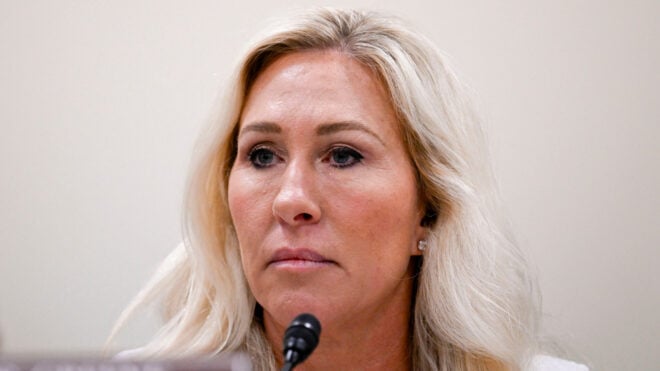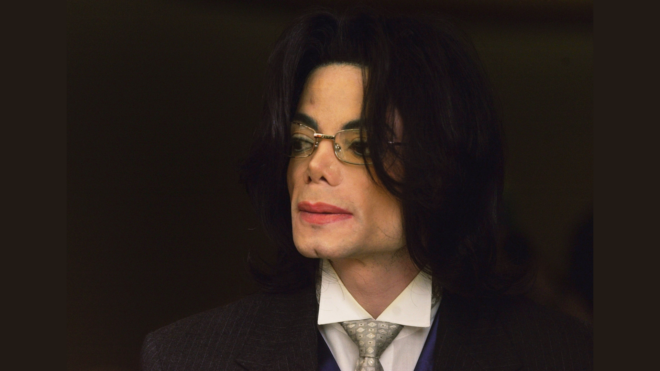A transgender man from the UK has lost his legal battle over his designation on his child's birth certificate.
Guardian journalist Freddy McConnell has worked his way through his legal options to change his listing on his child's birth certificate. Freddy is a trans man who was assigned female at birth.
As a result, he is listed on his child's birth certificate as the child's mother. His requests to change it to father or parent have been denied. Had it been accepted, his child would be the first in the UK and Wales to ever be born without a mother legally. He feels the insistence of listing him by his birth gender is a violation of his human rights.
Freddy has worked the case through various courts. He hoped that the Supreme Courts would hear the case, but recently received a crushing blow. His appeal was rejected by Supreme Court justices because it was not an "arguable point of law."
A trans man who has been fighting to be recognized as his child's legal father has hit an impasse. Freddy McConnell is a 34-year-old who was assigned female at birth. He has been living authentically for over a decade but paused hormone treatment in 2018 to have a child.
Freddy had been legally declared a man several weeks before becoming pregnant via donor sperm. After giving birth, he was told by the General Register Office that the law required him to be registered as the baby's mother. Freddy wanted to be listed as a father or a parent, which would have made his child the first ever born in the UK or Wales without a mother legally.
Freddy took the case to the High Court last year. Later, it moved on to the Court of Appeals. Both times, the case was dismissed, with judges agreeing that Freddy must be listed as the child's mother on the document.
Freddy challenged the decision last year, which got the case a bit of attention. He had asked for his identity and that of his child to be hidden during proceedings, which was granted until the court learned Freddy participated in a film about his experience.
Sir Andrew McFarlane, president of the Family Division of the High Court and the most senior family court judge in England and Wales, concluded that people who have given birth are legally mothers, regardless of their gender.
Lord Justice McFarlane continued on to say that there is "a material difference between a person's gender and their status as a parent."
Lord Chief Justice Ian Burnett, the most senior judge in England and Wales, sat in agreement with Lady Justice Eleanor King and Lord Justice Rabinder Singh.
"The legislative scheme of the Gender Recognition Act (GRA) required Mr. McConnell to be registered as the mother of YY, rather than the father, parent, or gestational parent."
However, lawmakers and human rights activists are calling for a change. They agree with Freddy that the practice is in violation of his human rights. The Supreme Court justices disagree, saying the matter is not for the courts to rule upon but for Parliament to make legislative changes over.
"That requirement did not violate his or YY's Article 8 rights (to private and family life, as enshrined in the European Convention on Human Rights)," they ruled.
"There is no incompatibility between the GRA and the Convention. In the result, we dismiss these appeals."
Freddy isn't giving up on the fight. He vows to take the case to the European Court of Human Rights in Strasbourg, France.
"The law around birth registration doesn't treat LGBT people equally on any level," Freddy told The Guardian.
"There needs to be a series of cases to address this or a change in the law," he continued.
"I feel I am too deep into this to stop now. I am going to keep fighting and I ask anyone who can contribute to this to reach out."
Nancy Kelley, chief executive of Stonewall, qualified the court's position as "deeply disappointing."
"All parents, including LGBT parents, deserve to be recognized for who they are and it's incredibly frustrating that the supreme court has missed an opportunity to progress equality," she said.
"The current legislation contradicts the fragile equality trans people currently have, where they can have full recognition on some legal documents, but not on others. Just like any other parents, trans parents should be able to have their relationship to their child recognized on their child's birth certificates."




